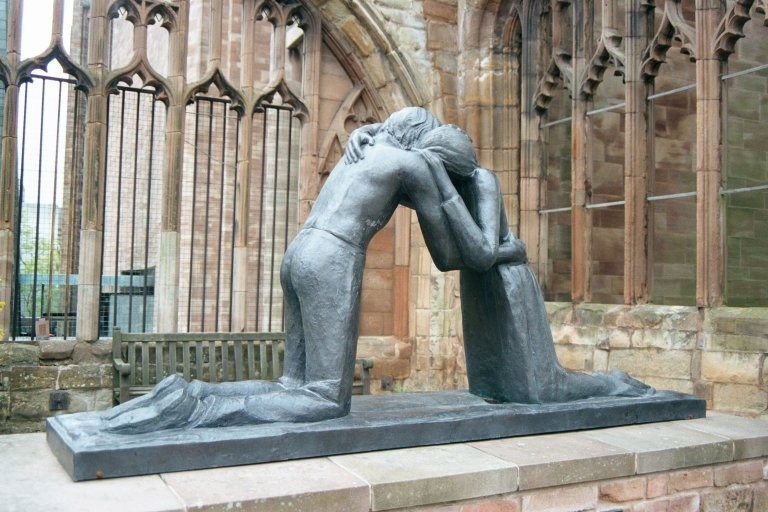by Lois Tverberg
Therefore, if you are offering your gift at the altar and there remember that your brother has something against you, leave your gift there in front of the altar. First go and be reconciled to your brother; then come and offer your gift. Matthew 5:23-24
Christians often focus on the phrase “forgive us our sins as we forgive those who have sinned against us.” We understand that forgiving others is crucial if we want God to forgive us— even though it may be very difficult. But in the passage above, Jesus isn’t asking us to forgive others before coming to God, but seeking forgiveness from others before coming to God.

Jesus’ words here sound reminiscent of a Jewish idea about forgiveness that has been largely overlooked by Christians. On the Day of Atonement (Yom Kippur), Jewish people confess their sins before God and ask for forgiveness. But the liturgy includes a statement from the Mishnah (a compendium of rabbinic thought from around the time of Jesus) that declares, “For sins against God, the Day of Atonement atones, but for sins against one’s fellow, the Day of Atonement does not atone, unless one’s fellow is appeased” (Yoma 8:9). In the weeks before Yom Kippur, tradition dictates that before Jews ask forgiveness from God, they must apologize and seek reconciliation with those who they have sinned against. Of course there are provisions if a friend is unforgiving, but this practice lives out Jesus’ instructions to be reconciled before offering your gift at the altar.
This is something for us all to think about, isn’t it? Next time when we pray “forgive us our sins as we forgive those who have sinned against us,” we should include the thought, “forgive us our sins as we have asked others for forgiveness.” Then we will have peace both with God and with others.
Photo: Rebecca Kennison

